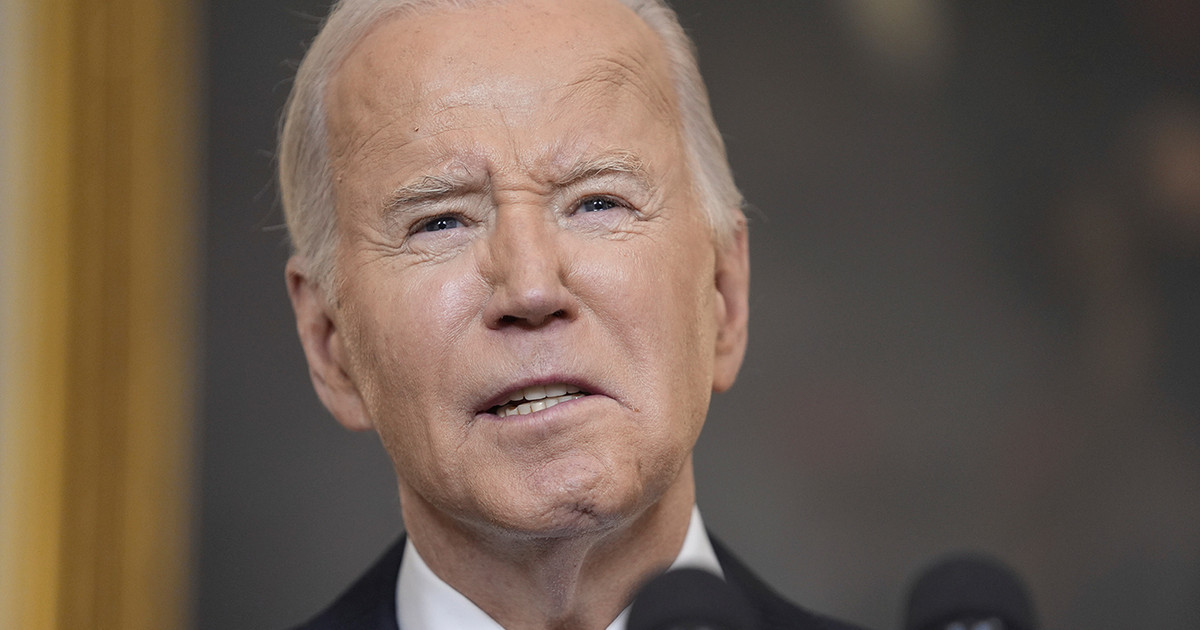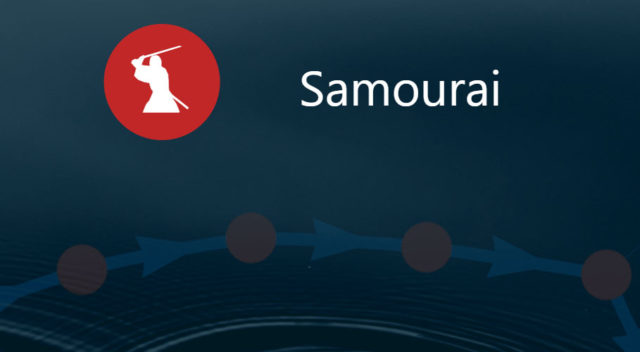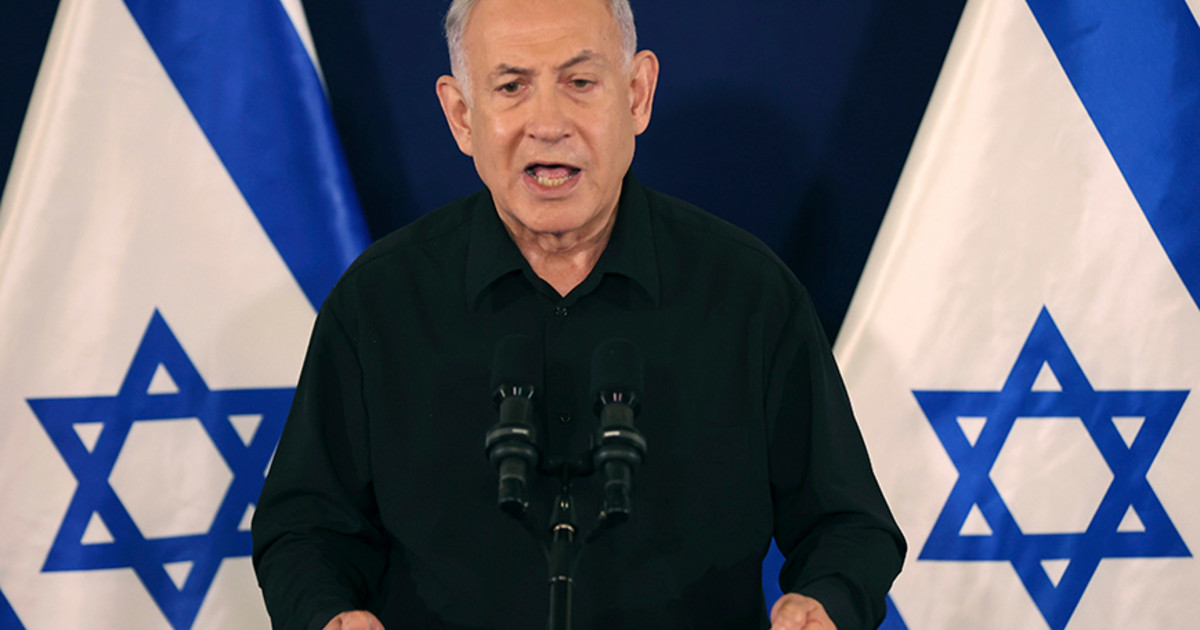US intelligence officials are skeptical that any change in Russian public opinion about the war in Ukraine – however dramatic – will influence Russian President Vladimir Putin to end the conflict, according to several sources.
Doubt has also been raised that the war, which many strategists believe was an unmitigated disaster for the Russian military, could lead to Putin’s removal from power, at least in the short term.
That assessment reflects the extent to which officials believe the head of state has consolidated his grip on Russia during his more than two decades in power.
While intelligence officials believe Putin is deeply sensitive to small shifts in public opinion, his ability to quell protests and control the media still helps insulate him against any significant popular uprising — leaving him free to pursue the war in his own right. own terms.
The Russian president is intimately involved in the day-to-day management of the conflict, according to three sources familiar with American and Western intelligence, who told CNN that he directly participates in decision-making, which, in most Western armies, would be reserved for lower-ranking officers.
A source familiar with Western intelligence pointed out that Putin often makes decisions about details such as the location of lines of attack and day-to-day operational objectives.
“He clearly makes his own decisions. He doesn’t seem to trust very much even experts within the government or the cabinet,” said a senior NATO official. “So it’s a little hard to imagine popular opinion influencing him so much,” he added.
This raises questions about the effectiveness of Western sanctions designed, in part, to make the war unpopular within Russia, inflicting widespread economic suffering on the population.
Efforts to target Russian oligarchs have led to the seizure of millions of dollars in assets, including yachts and luxury properties around the world. But inside Russia, analysts say Putin has managed to avoid the more immediate economic repercussions, at least for now.
And while there has been some unrest among Russian elites who are being pressured by the sanctions, sources reckon this does not lead the intelligence community to believe that Russia’s president will be forced to change course – and certainly not enough to remove him. of power.
According to one of the informed sources on US intelligence, there is a “wide range of opinions”. “In my opinion, we are a long way from taking the risk of being removed”, he analyzed.
People’s War in Russia
Russian public opinion about the war remains good despite the heavy losses the country’s forces have suffered, according to outside analysts and sources familiar with US intelligence.
Authorities are quick to note that most Russians do not fully understand the reality of the conflict, thanks to the deeply repressive media environment within Russia. Putin tightened free speech laws around the war and effectively shut down the few remaining independent media outlets.
Public dissent was also quickly crushed. Widespread protests in the early days of the invasion were met with mass arrests. Even as disapproval is simmering beneath the surface of more optimistic public polls, fear of reprisal can keep that disapproval buried and ineffective.
“Everyone will be against (the war), but they will be afraid to do anything,” said Dr. Natalia Savelyeva, a sociologist at the Center for European Policy Analysis specializing in the conflict in Ukraine. She added that this is “kind of a lasting, stable, horrible situation.”
US intelligence officials are closely monitoring public opinion on the conflict within Russia, in part because they believe Putin’s perception of it may offer clues to what he is thinking and his future decision-making, according to a report. source familiar with the latest reports.
But other sources say it has become increasingly difficult to “measure” public opinion outside the country. The United States lacks confidence in available surveys, and the government’s crackdown on dissent has left US intelligence agencies with no reliable picture of attitudes in the country — and even more precarious predictions of how those attitudes might change as Western sanctions begin to impact. ordinary life or whether Putin will order a mass mobilization amid mounting Russian casualties.
The US does not have an “accurate post-invasion perception”, one source said. “The assumption now is that Putin effectively isolated his people from information and repercussions about the conflict. How long he’ll be able to do that, we don’t know yet,” he added.
For now, Putin appears to have been successful in pushing his alternate reality through state media, which has continued to report that Russia is fighting the Nazis in Ukraine and that the West is to blame for the conflict.
Even with the expectation that Western sanctions will reduce Russia’s GDP by at least 10% next year, both outside experts and officials familiar with US and Western intelligence believe that Putin and the war are widely popular – and will likely remain so, largely due to the effectiveness with which the president has controlled media coverage.
It is extremely unlikely that there will be a big enough shift in domestic attitudes to forge a popular uprising, according to a source familiar with the latest information, and only slightly more likely that cracks in popular support for Putin and his war will encourage Russian elites at a coup.
Putin could simply act to quell any opposition that arose, say these outside sources and analysts. Time is also on Putin’s side: the Russian president does not face re-election until 2024.
“Either way, it would take a long time for that change to happen, given the way the information security culture works there,” said a source familiar with Western Intelligence. “And that doesn’t mean he won’t become fully communist – there are already people reporting on their neighbors.
“A culture of fear can live for a long time even if you are not that popular,” this person added. “And he’s popular.”
Signs of discontent
Despite the grim outlook, the Biden administration has implemented a series of policy measures designed, at least in part, to turn Russian citizens against war. Earlier this month, the CIA – the US intelligence agency – posted instructions on social media on how those concerned about war can safely contact the agency.
The State Department also took a step to listen to disaffected Russians: it started a Russian-language channel on Telegram, one of the few open social media platforms that remains available to Russians.
There have been some signs of discontent within Russia at different points since the start of the conflict, and there seems to be a growing awareness, at least in urban centers and among younger Russians, that the conflict is not going very well.
On Monday, a former high-ranking Russian official warned on state television that the situation would get worse, in a rare case of public criticism of Russia’s conduct of military operations in Ukraine – although days later he said seemed to soften criticism. Within the intelligence community, there is little optimism that Russian views on the war are changing.
“What we see is that the majority of the Russian people continue to support the special military operation,” Director of National Intelligence Avril Haines told lawmakers earlier this month when asked directly about the impact of sanctions on popular resistance.
“I think it is very difficult, frankly, for information to reach Russia for the people. They have a very particular perspective that they are being fed by the government during this time,” she added.
Public opinion is still of “incredible interest” to the intelligence community, according to another source familiar with the latest reports, because officials believe Putin himself is closely watching any cracks in his popular support. Looking at this factor could allow expert bodies to predict Putin’s next moves, this person pointed out.
The Russian president – long fearful of so-called democratic “color revolutions” – is likely to be sensitive to changes in his popularity, because the ability to garner overwhelming support is one of the keys to maintaining his grip on power.
Popular sentiment can influence Putin’s decision to order a mass mobilization, for example, even if it is unlikely to convince him to stop the war, analysts say.
CIA Director William Burns said last week that the Russian leader is determined to fulfill a sense of personal destiny by taking control of Ukraine through armed conflict, but as his forces continue to operate below expectations, he you will likely be inclined to adjust your strategic thinking without giving up entirely.
Analyzing the scenarios of a post-Putin Russia
A mass mobilization order — which high-ranking US intelligence officials have publicly said Putin would need to implement to achieve many of his war goals — would also likely have an immediate impact on the public’s perception of the war, analysts note.
“We can only guess,” says Savelyeva, from the Center for European Policy Analysis. “(But) that’s a very different thing when you just watch the war on TV and support it, than when your child or you have to go fight,” she adds.
Some Russians are also likely to blame the US and the West for the sanctions, Savelyeva continues, in agreement with other analysts. Putin prepared the nation by insisting that the West would have imposed sanctions on Russia, no matter what action it took in Ukraine.
Several US officials and outside experts said the only opinion Putin is forced to be truly receptive to is the opinion of Russia’s security and business elite, which helps keep him in power and whom he has enriched.
Still, the intelligence community has begun doing “serious exploratory analysis” in an effort to predict what the end of the Putin era will look like – eventually.
“In a lot of ways, this looks like it’s going to be super messy,” this person said.
For now, the Biden administration has taken a wait-to-understand approach to upcoming developments and thus align its actions.
Source: CNN Brasil
I’m James Harper, a highly experienced and accomplished news writer for World Stock Market. I have been writing in the Politics section of the website for over five years, providing readers with up-to-date and insightful information about current events in politics. My work is widely read and respected by many industry professionals as well as laymen.






